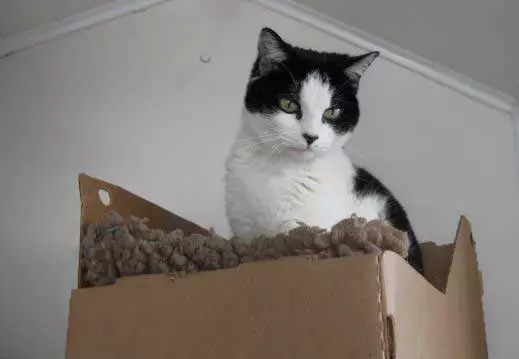Caring for unowned cats, particularly in a world where the number of stray and abandoned animals continues to rise, presents both challenges and opportunities. International Cat Care has spearheaded efforts to improve the lives of these cats through its innovative Cat Friendly Homing (CFH) program. This initiative is designed to address the needs of unowned cats—those typically found in shelters or foster homes—before they find loving families. The journey is far from simple, but understanding the CFH framework can illuminate the path toward successful feline homing.
Unowned cats, often kept in temporary housing conditions such as shelters or foster homes, require careful consideration when it comes to their welfare. This need for specialized care arises from the fact that confinement can be quite stressful for these animals. A key principle of the CFH program is minimizing the duration of stay in such environments. Extended periods in shelters not only exacerbate a cat’s anxiety but also increase the risk of disease transmission, particularly when many cats are housed closely together.
The CFH program recognizes that each cat is an individual, deserving of tailored care that reflects their unique personality and needs. This approach emphasizes the importance of observing each cat’s behavior and mannerisms to ensure they are not just surviving but thriving. In doing so, caretakers can discern a cat’s comfort level and remove sources of stress, thereby promoting a healthier and more positive environment.
Central to the CFH philosophy is the idea that no cat should suffer from human intervention. Confinement, while sometimes essential, is not a solution in itself. Instead, it is part of a broader journey that should culminate in a loving home. One significant aspect of this journey involves ensuring that all cats are neutered before they leave the homing center. This step is crucial as it prevents the proliferation of unwanted cats, which can lead to increased numbers of unowned felines roaming the streets.
Furthermore, a focus on education and training for those involved in the caretaking process cannot be overlooked. Caretakers must be equipped with knowledge on feline health and behavior, enabling them to recognize health issues early and act accordingly. This informed approach is vital not just for the cats’ physical health but also for their mental well-being, ensuring that these animals experience as little distress as possible during their transition to households.
The CFH program is segmented into three essential phases: Intake, Care, and Outcome. Each phase is critical and requires specific strategies aimed at achieving the best results for the cats involved.
– **Intake:** This phase is the first point of contact and requires a thorough assessment to determine the suitability of the cat for homing. Here, caretakers evaluate the cat’s behavior, health status, and background. This crucial step ensures a personalized approach to care.
– **Care:** In this stage, cats are nurtured and monitored while in transit toward their new homes. Emphasis is placed on providing a safe and enriching environment, where they can express natural behaviors. Defining the conditions that promote their comfort during confinement is vital. Simple additions, such as boxes for hiding or perching, can provide these creatures with a sense of security.
– **Outcome:** The final phase involves matching the cat with an appropriate home. This transition is not just about finding any home; it’s about ensuring the chosen family understands and can meet the specific needs of the cat. Education for potential adopters is crucial, as it facilitates responsible pet ownership and enhances the likelihood of a successful, long-term match.
Moving forward, the CFH program seeks to foster community collaboration to amplify its impact. Local organizations, animal shelters, and individuals must work together to ensure the successful implementation of these strategies. Increasing awareness and understanding about the challenges faced by unowned cats will foster a culture of responsibility and compassion.
By committing to the CFH principles, we can significantly improve the lives of unowned cats, enabling them to transition swiftly and smoothly into loving homes. Each cat deserves this chance—a chance for a new beginning, where they are seen, cared for, and valued. In doing so, we not only uplift the individual cat but also contribute positively to the community and society at large.


Leave a Reply